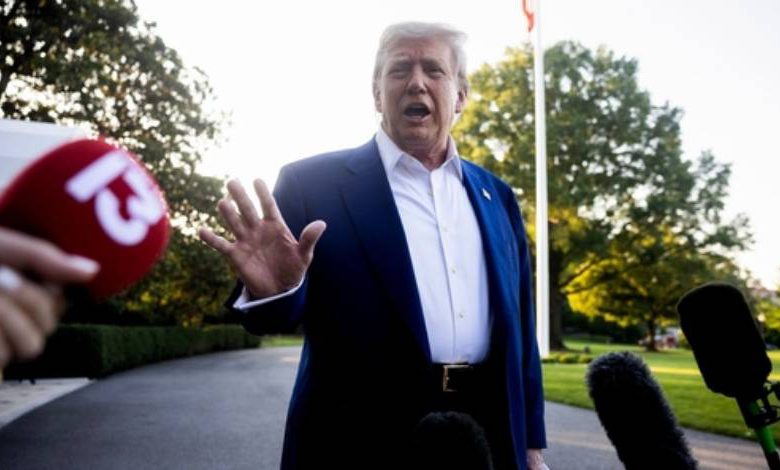US-India Trade Talks Advance, Stumble on Dairy and Agriculture Issues

Washington and New Delhi are intensifying efforts to secure a trade agreement aimed at lowering tariffs before a July 9 deadline set by President Donald Trump. However, disputes over U.S. dairy and agricultural demands continue to hinder progress, sources familiar with the negotiations told the news agency.
The talks follow Trump’s recent trade deal with Vietnam, which reduced U.S. tariffs on Vietnamese goods from a threatened 46% to 20%. Trump also noted that U.S. products could enter Vietnam duty-free, though specifics remain limited. In a similar vein, Trump had earlier imposed a 26% tariff on Indian goods as part of his April 2 “Liberation Day” reciprocal tariffs, which were temporarily reduced to 10% to allow time for negotiations.
Indian trade negotiators, present in Washington since last week, may extend their stay to finalize an agreement, Reuters reported, citing sources from India’s commerce ministry. However, India remains firm on protecting its agricultural and dairy sectors, particularly opposing tariff reductions on genetically modified U.S. crops like corn, soybeans, rice, and wheat. One source emphasized that Prime Minister Narendra Modi’s government is unwilling to compromise on these issues, given the political influence of Indian farmers.
ALSO READ : Trump Brands NYC Mayoral Contender Mamdani a “Communist Lunatic,” Pledges to Revive City
Despite the impasse, India is open to reducing tariffs on certain U.S. products, including walnuts, cranberries, medical devices, automobiles, and energy goods, according to the same source. A U.S. official involved in the talks indicated to Reuters that both sides are nearing a breakthrough, with negotiators instructed to prepare for a possible announcement. The official highlighted the strategic and economic significance of reaching an agreement.
Trump, speaking to reporters aboard Air Force One on July 1, expressed optimism about securing a deal with India to lower tariffs and enhance U.S. companies’ access to India’s 1.4 billion consumer market. Meanwhile, he cast doubt on a potential trade agreement with Japan, threatening tariffs of up to 35% on Japanese goods, surpassing the 24% rate announced on April 2.
Spokespersons for the U.S. Trade Representative’s office, Commerce Department, and Treasury Department did not respond to Reuters’ requests for comment. India’s embassy in Washington also did not provide an immediate response.
